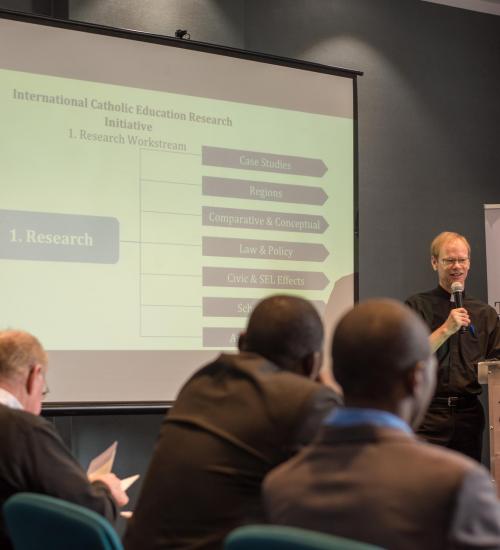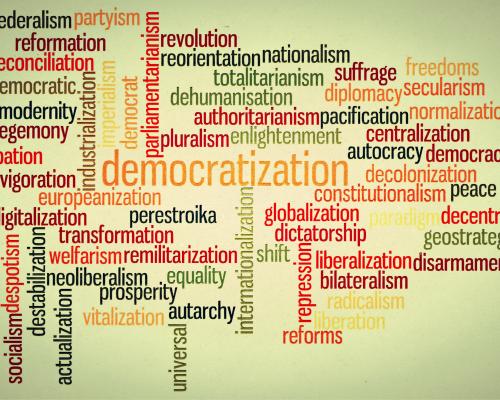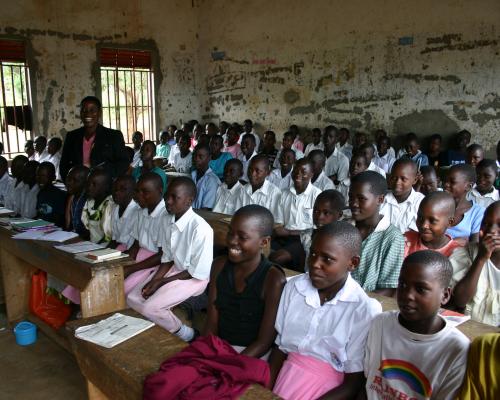
Kellogg Research Clusters
Started in 2017, the Kellogg Institute supported faculty-led research clusters in distinctive areas of high-impact, mission-driven research and programming. Through competitive three-year grants, these clusters promote innovative, interdisciplinary research on the Institute’s core research themes of democracy and human development.

Research Cluster on Democratization Theory
The researchers are fundamentally rethinking concepts relating to regimes and regime change in order to develop theories of long-term historical progression toward democracy, and regression from it, that pay more attention to neglected dimensions. Some efforts build on the Varieties of Democracy (V-Dem) conceptual scheme and data; others are complementary or completely separate. The cluster traditionally gives less emphasis to suffrage extension and the fact of elections and more attention to the role of the judiciary and constitutions, legislative strength, election administration, and human rights, among many possibilities.

Research Cluster on International Education
In this interdisciplinary research cluster, which brings together two major University institutes and a range of scholars with expertise in education, religion, politics, law, and methodology, researchers are embarking on an ambitious study of Catholic international education as a precursor to a future comparative study of faith-based education more generally. The cluster aims both to establish Notre Dame as a world leader for research on international Catholic education and to build the foundation for a research agenda on international faith-based education.





